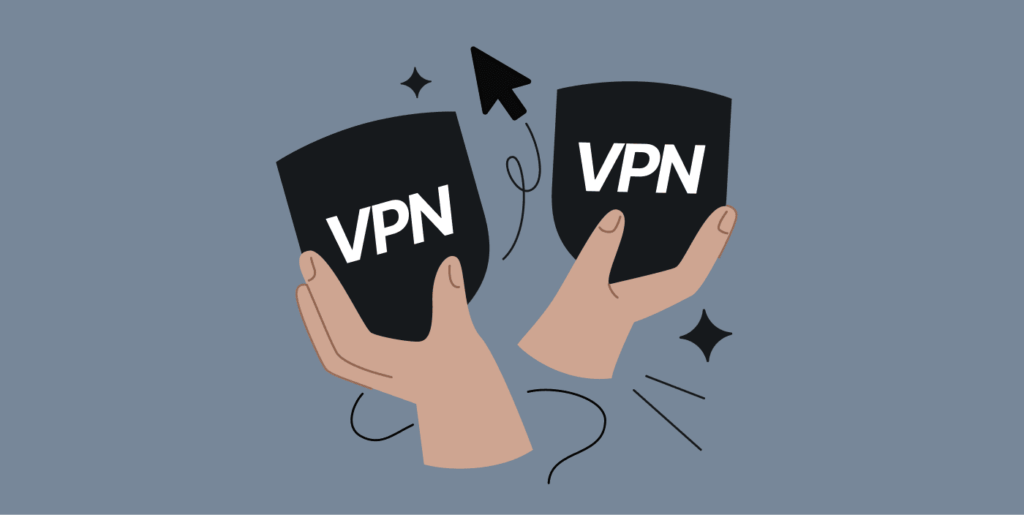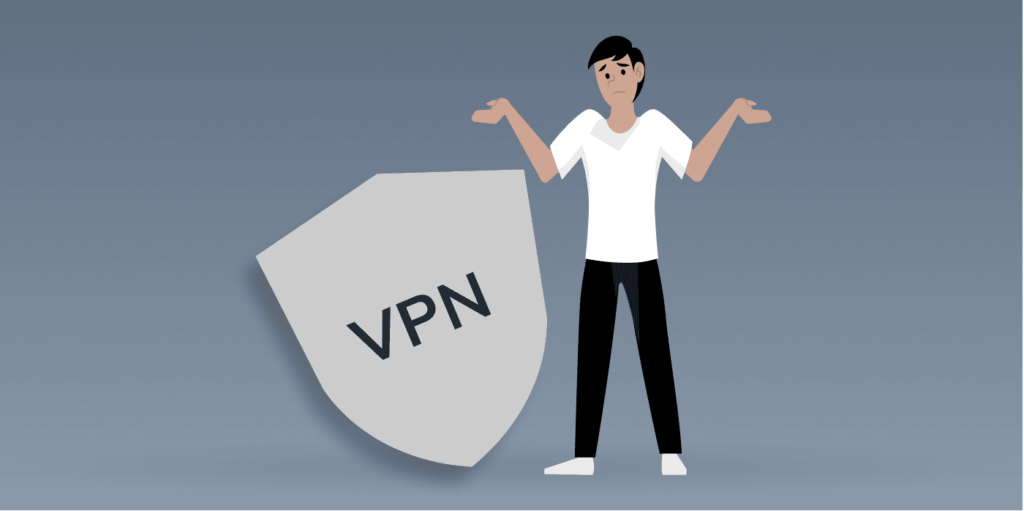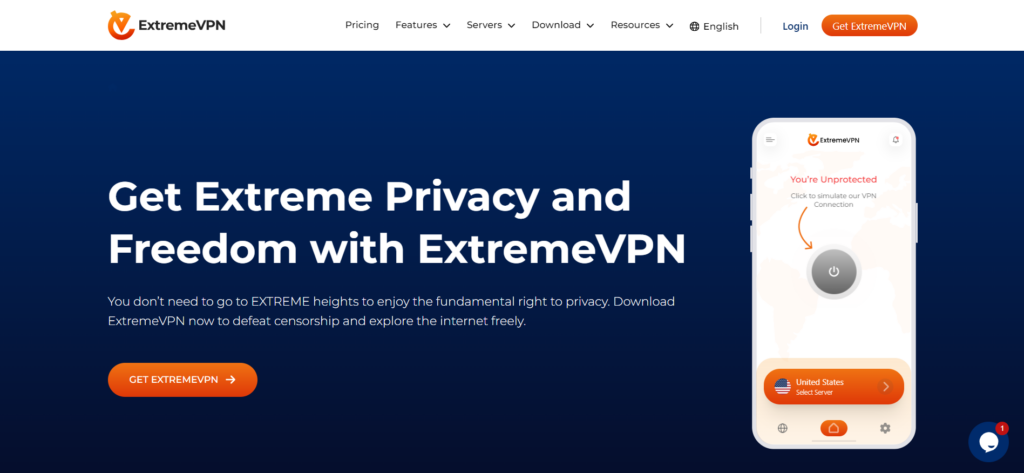A VPN plays a crucial role in safeguarding your online privacy by offering users a new IP address. However, it is interesting to note that despite this protection, specific platforms like Google Maps and search engines manage to track your actual location.
Due to this reason, Google searches might provide results according to your actual location rather than the address provided by the VPN.
This situation raises a question: Can Google track your location if you use a VPN? In this article, we’re going to discuss everything related to Google location tracking.
How Google Tracks Your Location

Below are some techniques through which Google can successfully track your online activities:
Wi-Fi Precision Tracking
Google uses an advanced geolocation system (Wifi tracking) to determine your location. Like GPS, this method uses Wi-Fi networks and access points instead of satellites to pinpoint your location accurately.
Moreover, the company strengthens its tracking abilities through a global road database of active Wi-Fi networks. So, whenever you enable your device’s Wifi, Google analyzes the signal strengths of the detected Wi-Fi networks using triangulation. Interestingly, this can work even if you are not connected to a Wi-Fi network.
Google Account

If you own a Google account (which almost everyone does), the company already knows about your location because of the sign-up details you shared with it.
Similarly, if your Google account is active on your device and you perform local searches for restaurants or businesses, it can determine your residential region. Additionally, your location becomes clear to Google if features such as ‘Location History’ are enabled, or if your work and home addresses are stored in Maps.
You must also understand that Google may contain your historical data even without a VPN.
Global Positioning System (GPS)
Google knows about your location because of the global GPS functionality embedded in mobile devices. GPS is usually activated to enhance applications like Google Maps, and it continues to track your movements and activities unless you disable it intentionally.
Stored Cookies
Websites employ cookies to retain data on your device. This makes it easy to recall the information from previous visits and customize future experiences. Cookies not only store basic details (logins and account settings) about you but also more private details, such as browsing history, location, and device information.
This additional layer of data could assist Google in determining your actual location based on the information these digital markers share.
Location History
Google’s Location History records your previous location, operating at the account level. Regardless of your VPN usage, Google can use this stored data to deduce your location.
GSM Cell ID
GSM Cell ID is a distinctive identification number allocated to individual cell towers within a GSM network. Each tower is assigned a unique Cell ID, identifying and differentiating it from neighboring towers.
In addition to the challenge, public databases contain cell phone IDs. Google actively taps into them for location services. Consequently, switching to mobile data does not provide a foolproof solution to the location-tracking problem either.
Accessing VPN Effectiveness in Privacy Protection

You may ask: Do these tracking methods prove your VPN is useless? Well, it’s not true. Your VPN can help you protect your online activities by employing robust encryption.
By offering a distinct IP address, your VPN increases your anonymity, making it difficult to track you. A VPN successfully creates the illusion that you are elsewhere. However, Google Maps’ reliance on GPS allows it to follow your movements, even though you have another IP address.
Preventing Google Tracking with a VPN

With the knowledge of various tracking methods used by Google, even when using a VPN, it becomes essential to protect your actual location. Here are a few tips on how to improve your online privacy:
Limit Sign-ins for Enhanced Privacy
To reduce Google’s data collection, consider staying signed out of your account whenever possible. This tip is particularly effective when engaging with Google’s search engines, maps, and other services.
By staying signed out, you reduce the data accessible to the company and create a virtual barrier between your activities and accounts.
Opt for a Top-tier VPN

Despite Google knowing your location, a high-quality VPN like ExtremeVPN offers a robust defense, hiding your IP address from your ISP.
This move limits the amount of information accessible to Google. So, one can say that a VPN strengthens your protection. ExtremeVPN offers advanced features, including obfuscated servers and DNS leak protection, so that you remain safe at all times.
Deactivate GPS on Your Mobile Device
Another wise step involves the deactivation of GPS services on your mobile devices. Although this adjustment restricts Google’s ability to pinpoint your whereabouts, you can still use Google Maps for various purposes, like locating places and exploring street views.
To deactivate GPS on your Android devices:
- Swipe down from the top of your screen to access the Notification Shade.
- Long-press the Location icon.
- Toggle off Location.
Likewise, on iOS devices:
- Open the Settings app.
- Click on Privacy.
- Navigate to Location Services and toggle it off.
By deactivating location services, you enhance your online privacy without compromising the overall functionality of your mobile experience.
Turn off Location History and Web & App Activity
Within your Google account lie two pivotal settings—Location History and Web & App Activity—that influence the storage and tracking of your locations. When enabled, these settings can reveal your actual location.
Disabling Location History
- Go to the My Activity page within your Google account.
- Choose Location History from the available options.
- Click Turn off to disable Location History.
- For more control over your location history, select Manage history.
- Delete specific entries as desired.
You must understand that it requires more than just deactivating Location History to complete the privacy protection. The Web & App Activity feature also stores your location information.
Disabling Web & App Activity
- Visit the My Activity page of your Google account.
- Opt for Web & App Activity from the provided options.
- Click Turn off to disable Web & App Activity.
- Select Manage all Web & App Activity.
- Delete entries according to your preferences.
Turn off Location Sharing on Chrome
Whenever you enable Chrome’s location sharing, it sends data to Google Location Services to approximate and share your location to the websites you visit. This practice allows Google to collect information about your present location.
You can protect your privacy by deactivating location sharing on your desktop and mobile devices.
On Chrome Desktop
- Navigate to the three-dot menu icon in the top-right corner.
- Select Settings
- Go to Privacy and Security.
- Access Site settings.
- Under Permissions. Click on Location.
- Choose “Don’t allow sites to see your location.”
On Chrome Mobile
- Tap the three-dot menu icon in the top-right corner.
- Select Settings.
- Choose Site Settings.
- Tap on Location.
- Toggle off the Location option.
Using Privacy-focused Search Engines
Google is the most widely used search engine in the world today. However, its data tracking practices raise concerns about users’ security.
You can secure yourself by following the security measures we mentioned above. However, if you still fear that Google may know your location, you could try switching to a more privacy-focused browser like Brave, DuckDuckGo, or Tor.
